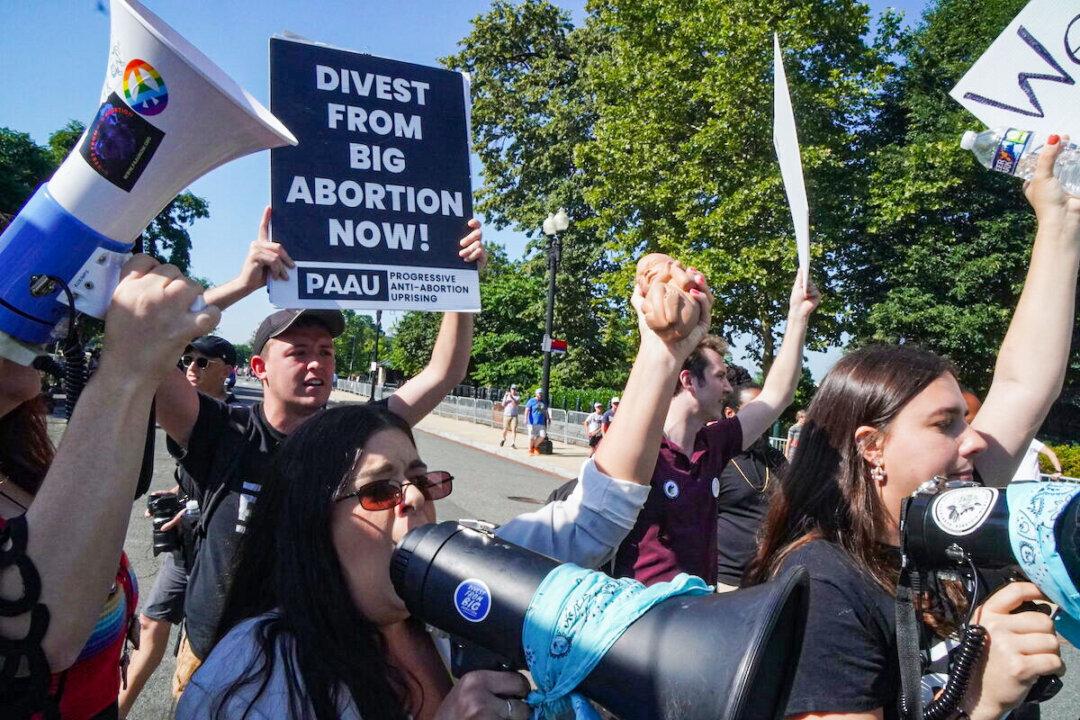President Donald Trump signed a pardon for 23 pro-life demonstrators on Jan. 23, three days after taking office, making good on his campaign promise to address what he called the “weaponization” of the Department of Justice against pro-life demonstrators.
The protesters were prosecuted under the Freedom of Access to Clinic Entrances (FACE) Act. When presented with the pardon, Trump said it was “a great honor to sign this.”





